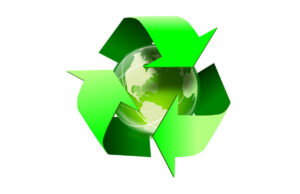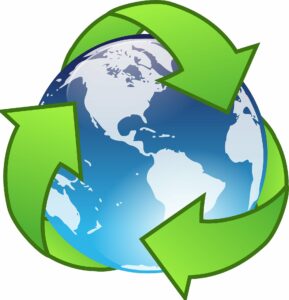I want to offer a big-league shout out to communities — such as Princeton, Texas — that embrace the idea of recycling items that otherwise would end up in a landfill.
When my bride and I moved to Princeton in early 2019, we came here purely to be nearer to our granddaughter and her parents. We were unaware when we bought our house that recycling would become such an important part of our daily lives.
We came here from a community in the Texas Panhandle that tried to promote recycling but then gave up on it. Why? Because, I was told, residents of Amarillo just weren’t into it, They were tossing food waste and other non-recyclable trash into the recycling bins.
We have curbside recycling in Princeton. I am proud to declare that our recycling bin contains more items to be repurposed than our trash bin. The disposal company picks up recyclables every other week; the trash heads for the dump each week.
I have spoken a few times over the years with a fellow who handles municipal waste matters for the company that serves Princeton. He has told me he believes recycling throughout the network of communities served has reduced landfill deposits by more than 30%. That tells me the residents of North Texas have embraced the idea of filling up their recycling bins with material that can be repurposed. It saves our Planet Earth’s valuable space. It conserves fossil fuels. It protects the only planet we can call home.
I am pleased and proud to be part of a community that embraces the idea of recycling. My neighbors and I want our planet to survive.



